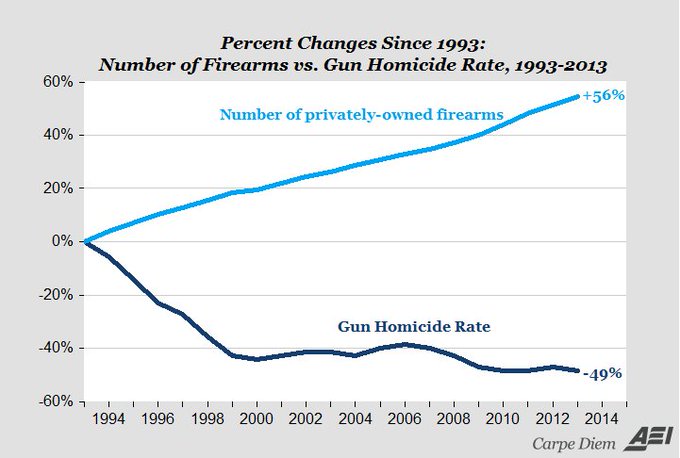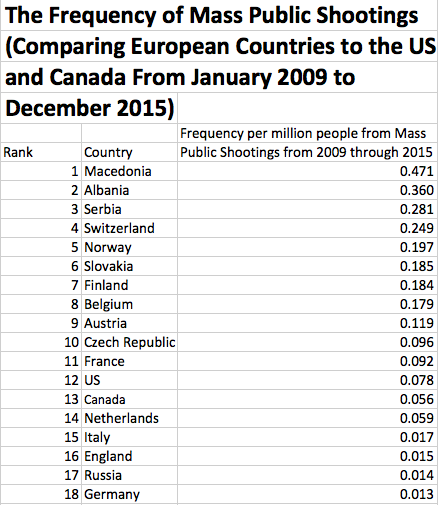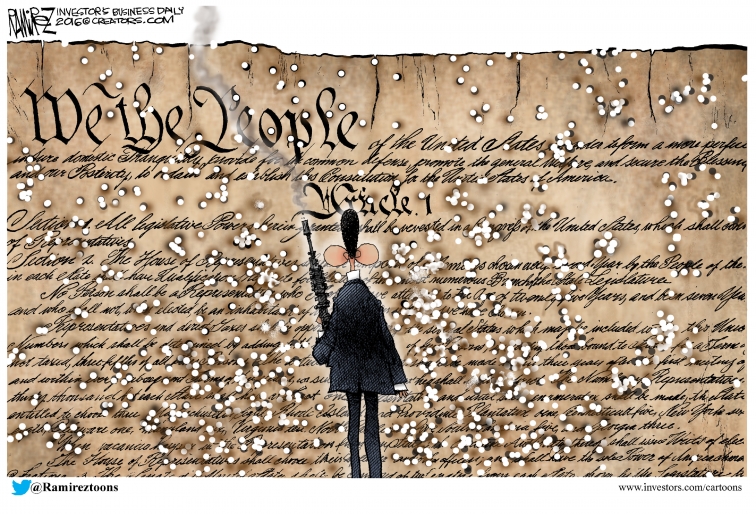In recent months, Google has justifiably suffered heavy criticism for selectively acting as internet gatekeeper, deciding what Americans can and cannot view online. Countless examples exist when the liberal Silicon Valley giant leveraged its market power to censor along ideological lines, including: banning the conservative blog The New York Conservative, hosted on Google Blogger, for opining on the trial of terrorist Khalid Sheikh Mohammed; demoting pro-Brexit/Euroskeptic websites by pushing them down in search results; excluding Donald Trump from “presidential candidates” search; and blocking free speech social network Gab from the Google Play Store, alleging violations of the company’s hate speech policy.
The latest revelation of Google’s partisan bias arrived in late July, when the company quietly shifted its Google Play policy to ban apps selling firearms and accessories. That change went largely unreported, although TechCrunch stated, “Google takes an almost moral position with the addition of a ban of apps that ‘facilitate the sale of explosives, firearms, ammunition, or certain firearms accessories.’” That maneuver follows an instance in which Apple did something similar last December.
Given the sheer market power of Apple and Google, their ideologically driven policy poses an incredibly damaging peril not only to consumers who utilize firearm-related apps, but also an entire industry – a completely legal one – selling firearms or firearms accessories.
The inescapable conclusion is that Google seeks to censor viewpoints and entirely legal behavior that it disfavors out of existence. A full month after Google’s policy was quietly implemented, Steve Urvan, CEO and CTO of GunBroker.com, received an email notification stating that the GunBroker.com app had been suspended and removed from Google Pay due to a “Violation of Dangerous Products policy.” Google’s questionable decision to ban Gunbroker.com’s app raises an ominous specter about politicized and powerful corporations attempting to socially engineer from the boardroom.
Google’s behavior joins a wave of social activism that increasingly pervades American companies and weakens Americans’ ability to purchase perfectly legal goods. In April, Bank of America announced that it would abruptly discontinue banking services to firearms manufacturers that produce legal and popular AR-15-style rifles. Mere months earlier, Citigroup announced a new U.S. commercial firearms policy precluding the company’s commercial and institutional clients, small business clients and credit card partners from selling any firearm to individuals under the age of 21, (even though the legal age remains 18). It also refused to serve any business client manufacturing magazines exceeding ten rounds. Citigroup has also held preliminary discussions about potentially monitoring consumers’ gun purchases within their internal payment systems.
These alarming steps highlight an emerging trend of politicized and politically powerful activist businesses targeting perfectly legal behaviors of everyday Americans. If the leadership of Bank of America, Citigroup and Google want to dictate consumer choices, that’s certainly within their rights, although perhaps they’d be better off running for official office. At the very least, they could be more honest with consumers about their shenanigans.






 In an interview with CFIF, Cam Edwards, host of NRA News’ Cam & Co., discusses President Obama’s proposed executive action on gun control, how the president’s stated belief in the Second Amendment is inconsistent with his executive action, and why the executive actions will do nothing to stop violent crime.
In an interview with CFIF, Cam Edwards, host of NRA News’ Cam & Co., discusses President Obama’s proposed executive action on gun control, how the president’s stated belief in the Second Amendment is inconsistent with his executive action, and why the executive actions will do nothing to stop violent crime.
 CFIF Freedom Line Blog RSS Feed
CFIF Freedom Line Blog RSS Feed CFIF on Twitter
CFIF on Twitter CFIF on YouTube
CFIF on YouTube